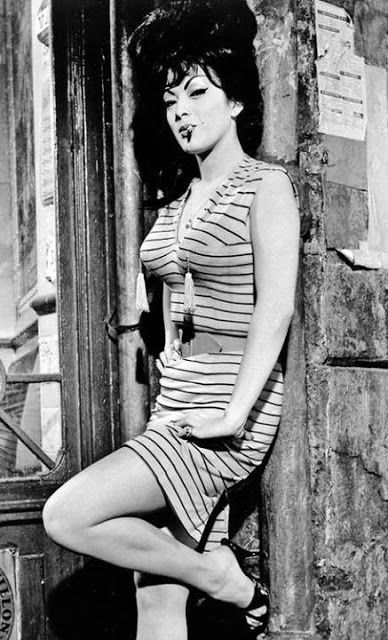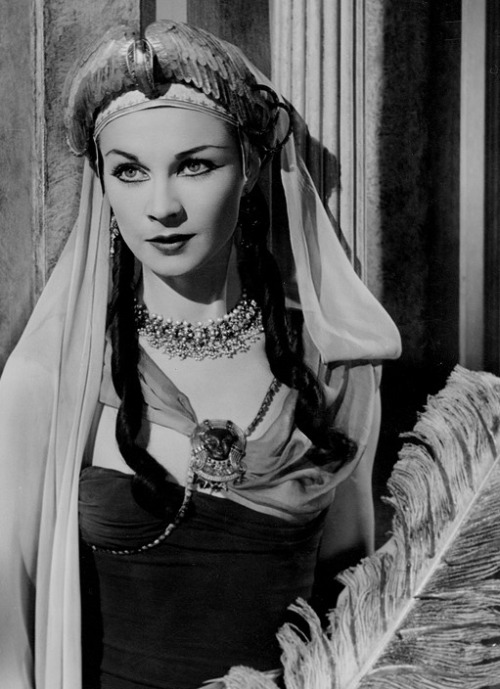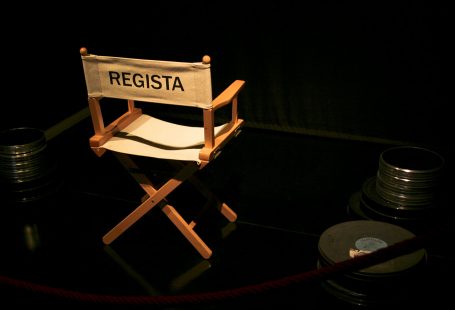Film Production Intellectual Property Challenges. The entertainment industry’s core product is intellectual property – mainly copyright. If you want your film to see the light of day without you being named a defendant, you need to consider how this right will be handled.

Film Production Intellectual Property Challenges. Copyrights
Article I, Section 8 of the U.S. Constitution says, in part, “The Congress shall have power… to promote the progress of science and useful arts, by securing for limited times to authors and inventors the exclusive rights to their respective writings and discoveries.”
Title 17 of the U.S. Code contains statutory U.S. Copyright law. As with many areas of the law, this field has an extensive body of both statutory and common law. Let’s look at the basics.
A copyright is created when an original work of authorship is fixed in a tangible form of expression. No external certification process is required for an author to have copyright protection over the work that the author creates.
Registering the copyright does provide additional benefits, such as the right to sue for infringement (registration is required before an infringement suit can be brought), as well as statutory damages and attorneys’ fees (if the copyright is registered before infringement occurs). Copyright provides the author the exclusive right to reproduce the work, prepare derivative works based on the work, distribute copies of the work, perform the work publicly and display the work.
In film, the script is an obvious example of a copyrighted work, and often first in the chain of title for any production, whether it’s a one-minute short or an epic four-hour drama. When the scripted production is shot, one is preparing a derivative work based on the script.
If the holder of the script’s copyright is not the same one creating the motion picture from the script, those shooting the film need to obtain permission from the script’s copyright holder to legally make this derivative work.
In practice, the production company will typically purchase the copyright in the script so that it has all of the rights associated with exploiting the script in its many forms.
A production company should also consider whether the script infringes the copyright associated with another work. Typical measures to avoid such an issue would include doing a Copyright Office search and having the copyright holder make certain representations and indemnify the company for any such breaches. Note that copyright is only validly transferred by a signed, written agreement.

So, the production company owns the copyright to the script. Let’s shoot it. As copyright is created by the individual who fixes the work in a tangible form of expression, this means that, without agreement to the contrary, the person holding the camera has the copyright of the recorded audio-visual work. In most situations (including if your uncle becomes the third crew member), you probably did not intend to let the cameraperson own the property that forms the core of the company’s business. […]
Dandi Law Firm provides legal assistance in Copyright, Film and New Media. Check out our Services or contact Us!





